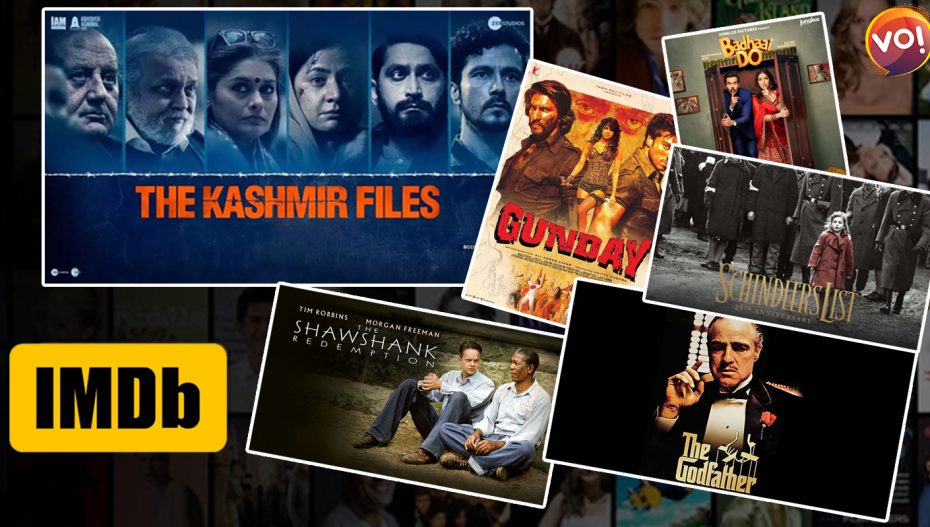Over the years, IMDB (Internet Movie Data Base) has garnered a huge following, making it a force to reckon with. Today, IMDB’s influence extends beyond the world of movies to politics as well. Look what happened to The Kashmir Files, a political film. Within a day of its release, it received a 10 on 10 rating from over three lakh people, catapulting it to a score of 9.9. To put this in perspective, The Shawshank Redemption has the highest score of 9.3 (with 2.6 million votes) on IMDB and The Godfather is placed second with a score of 9.2 (1.8 million votes).
IMDB has said the voting pattern for The Kashmir Files was abnormal and it has adjusted its algorithm to factor this in. The Kashmir Files now has a score of 8.3, which is still pretty high. Sholay has a lower score of 8.1.
The Hindutva brigade is probably responsible for garnering the votes that have given The Kashmir Files such a high score. It’s a testimony to the Indian right wing’s ability to mobilise its people to action on social media at short notice. People have not only voted but have also taken the trouble to review the film on IMDB. There are currently over 7,000 reviews, calling it a “masterpiece,” and “the Indian equivalent of Schindler’s List.”
Compare this with what happened to another recent release, Badhai Do, a film that supports and celebrates the LGBT cause. A week into its release, the film had an IMDB score of only 5.6 and the reviews called it “slow and boring.” India’s LGBT community is obviously not a coherent force, else it would have garnered some support for the film in the initial stages. A month after its theatrical release, Badhai Do is now on Netflix and its score has gradually improved to 7.6, with around 10,000 votes.
Way back in 2014, the Ranveer Singh-Arjun Kapoor starrer “Gunday” upset Bangladeshis so much that they came together to give it one of the lowest ratings (2.2) in IMDB history. Over 50,000 voted to give the film the lowest possible rating because it depicted a Bangladeshi army officer as a pederast. This was one of the earliest cases of political action on IMDB, when the site was still growing.
Today, IMDB is a victim of its own success. The score that a movie receives on the website counts for so much that everyone now wants a piece of it. A normal film usually can’t summon up the large number of votes it requires to manipulate scores, but a political film can. Over the next few weeks, we will probably see those opposed to Hindutva stepping in to vote on The Kashmir Files on IMDB and the film’s high score will begin to fall. The final score will be an indicator of the relative strength of the two opposing ideologies. Who needs opinion polls and such when you have IMDB?













